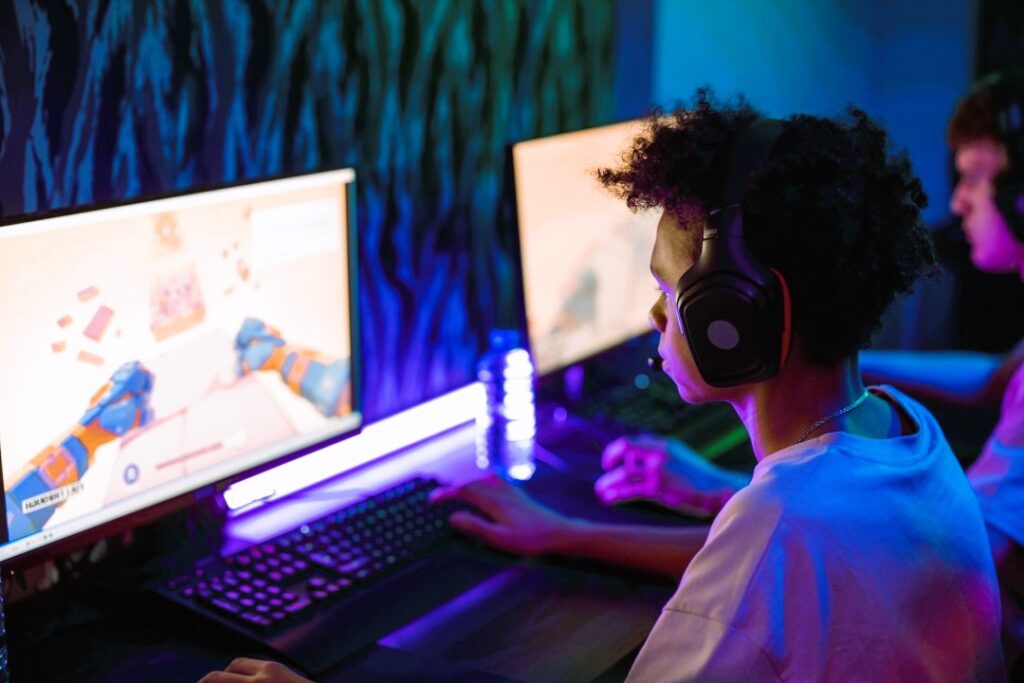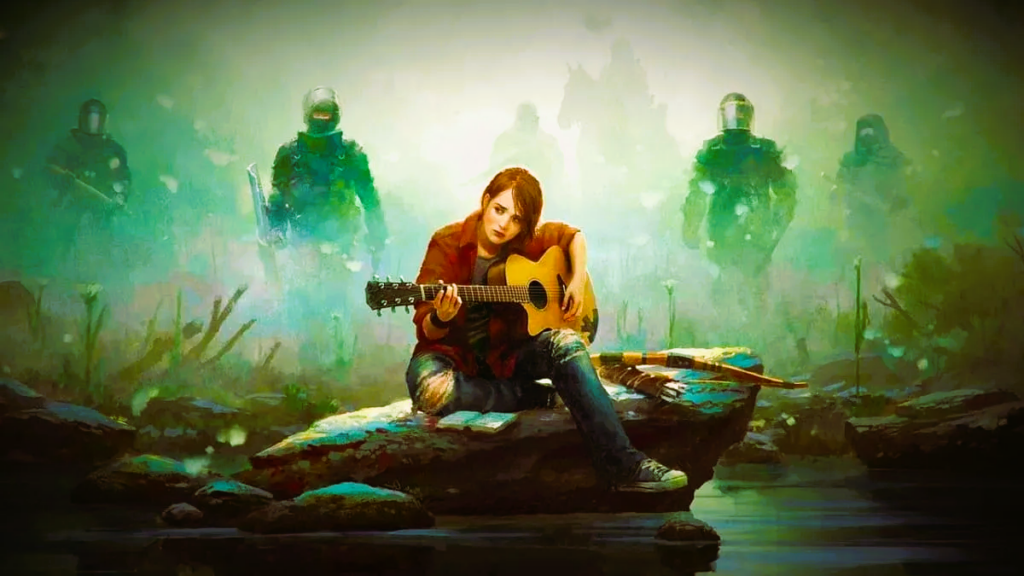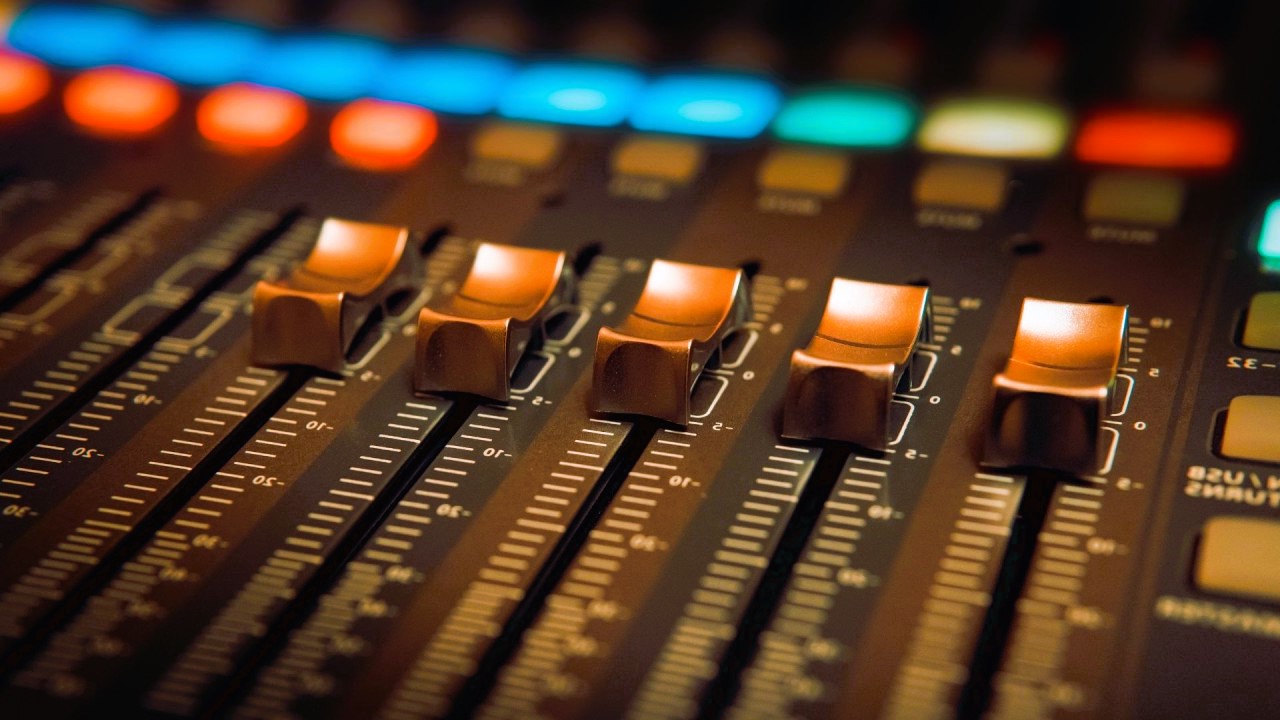The impact of music in video games extends far beyond mere entertainment; it fundamentally shapes the gaming experience, influencing players’ emotions, decisions, and overall enjoyment. As games continue to evolve, understanding the science behind sound in gaming becomes essential for developers and players alike. This article explores how music enhances gameplay, delving into the psychological effects, game design strategies, and technological advancements that have made sound an integral part of the gaming experience.
The Psychological Impact of Music
Emotional Engagement
Music has a profound ability to evoke emotions, and game developers harness this power to create immersive experiences. According to a study published in the Journal of Experimental Psychology, music can significantly enhance emotional responses to visual stimuli. In gaming, this means that well-composed music can heighten feelings of excitement during action sequences, tension in horror scenarios, or nostalgia in adventure games. For example, the orchestral score of The Legend of Zelda series encapsulates the wonder and adventure of exploring vast worlds, drawing players deeper into the narrative.
Memory and Recognition
Music also aids in memory retention, allowing players to recall important elements of a game through auditory cues. A familiar theme can signal critical moments, such as the appearance of a boss or a pivotal plot twist. This recognition can enhance the overall gameplay experience, as players associate specific themes with particular emotions or events. For instance, the ominous music that plays when encountering a formidable enemy in Dark Souls serves as a powerful reminder of the danger ahead, heightening tension and anticipation.
The Role of Music in Game Design

Setting the Tone
From the moment a player starts a game, music sets the tone and atmosphere. The right soundtrack can transport players to different worlds, making them feel as if they are part of the narrative. In Skyrim, Jeremy Soule’s haunting melodies enhance the sense of exploration and adventure, while in Resident Evil, the unsettling sound design amplifies the horror elements. Developers meticulously select or compose music to match the game’s theme, ensuring that players are fully immersed in the experience.
Cueing Actions and Events
Game designers often use music as a cue for gameplay events. This can range from subtle background music changes that indicate a shift in gameplay dynamics to prominent musical cues signaling important moments. In rhythm games like Beat Saber and Dance Dance Revolution, players must sync their movements with the beat, highlighting the importance of timing in both music and gameplay. The synchronization of music with gameplay mechanics creates a rewarding experience, as players feel more connected to the rhythm and flow of the game. We explore the best indie game soundtracks of the year, read more at this link.
Enhancing Pacing
Pacing is crucial in gaming, and music plays a significant role in maintaining or altering the tempo. Upbeat tracks can energize players during fast-paced segments, while slower melodies can create tension in suspenseful scenarios. For instance, the use of fast tempos in racing games, like Mario Kart, enhances the thrill of competition, encouraging players to push their limits. Conversely, a slow, suspenseful score in a horror game can build anxiety, keeping players on edge as they navigate through dark environments.
Technological Advancements in Sound Design
Adaptive Music Systems
As technology advances, so do the methods of integrating music into games. Adaptive music systems, which dynamically change the soundtrack based on gameplay, have become increasingly popular. This technology allows music to respond to players’ actions, creating a more personalized experience. For example, in The Last of Us, the score shifts based on the intensity of the situation, intensifying during combat and easing during exploration. This adaptability enhances immersion, as players feel that their actions directly influence the game’s soundscape.
3D Audio and Spatial Sound
Another technological advancement is the use of 3D audio and spatial sound, which enhances the realism of the gaming environment. By simulating sound from different directions, players can better perceive their surroundings, adding another layer to the gameplay experience. For instance, in games like Overwatch, positional audio allows players to hear where enemies are approaching, creating a strategic advantage. This auditory information, combined with the right musical score, immerses players in the game world, making them feel as if they are truly part of the action.
Case Studies of Music in Gaming

Journey – A Soundtrack That Defines Experience
One of the most lauded examples of music enhancing gameplay is Journey, developed by Thatgamecompany. The game features an emotional score composed by Austin Wintory that adapts to the player’s actions. As players progress through the game, the music swells and changes, reflecting their journey and evoking feelings of wonder and introspection. The seamless integration of music with gameplay mechanics creates a uniquely immersive experience, demonstrating how powerful sound can be in storytelling.
Celeste – Emotional Resonance Through Sound
Celeste, a platformer developed by Maddy Makes Games, showcases how music enhances emotional engagement. The soundtrack, composed by Lena Raine, perfectly complements the game’s themes of mental health and personal growth. Each track captures the essence of the protagonist’s struggles and triumphs, enhancing players’ emotional connections to the story. The music’s ability to evoke feelings of nostalgia and hope adds depth to the gameplay experience, making it memorable long after players have finished the game.
The science behind sound in gaming reveals the profound impact music has on gameplay. From enhancing emotional engagement to shaping game design and utilizing technological advancements, music plays a crucial role in creating immersive experiences. As the gaming industry continues to evolve, the integration of music will undoubtedly remain a key element in shaping the future of interactive entertainment.
For further exploration of how sound influences gaming, visit the following resource: Wikipedia – Video Game Music. As we look forward to the next generation of gaming, one thing remains certain: the power of music will continue to resonate in the hearts of players worldwide.


